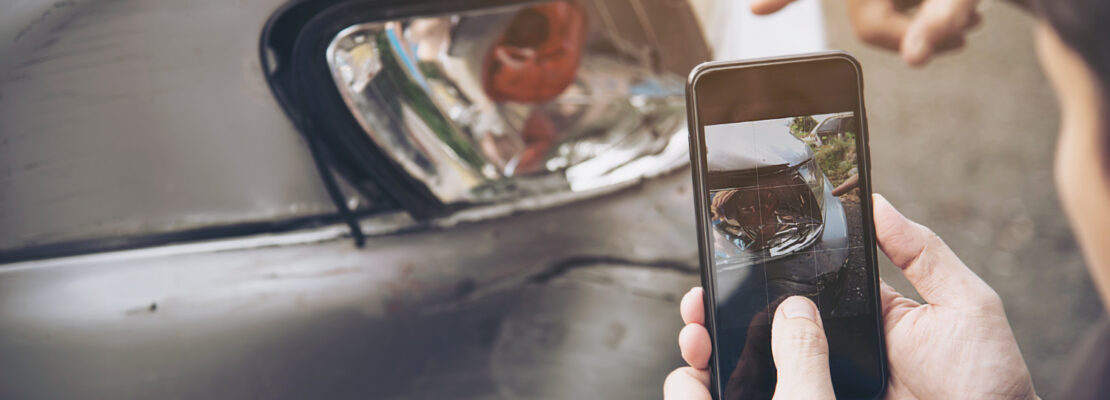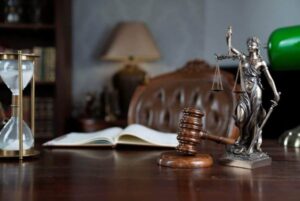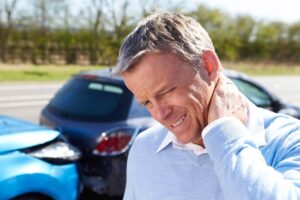When accident victims seek compensation for their injuries, they need every edge they can get. A personal injury claim’s outcome determines how effectively a victim may recover from their injuries and financial responsibilities. Proof of the accident’s circumstances might be a victim’s most powerful weapon in obtaining fair compensation.
Evidence and its integrity do not last forever. That’s why it is essential to act promptly to build your claim.
If this is your first time being in an accident, it might be difficult to know what evidence to search for, but an experienced personal injury attorney, such as Stewart J Guss, can assist you. Their knowledge and expertise can help preserve your future by ensuring you get maximum compensation.
Collecting Evidence Should Start at the Scene of the Accident
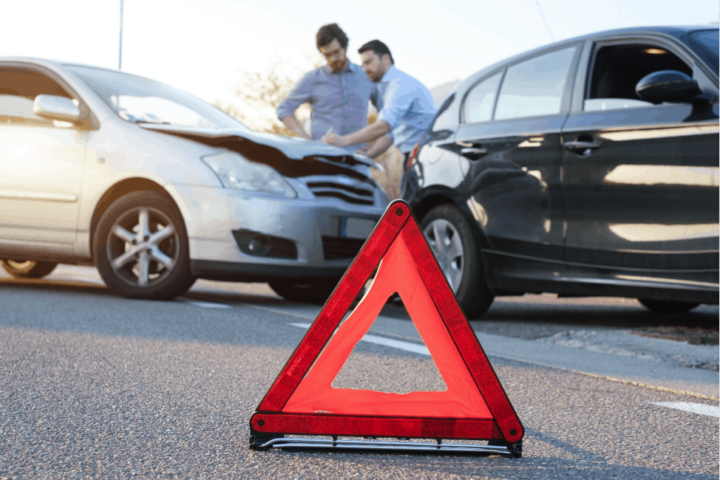
As soon as possible after an accident, it is vital to begin collecting evidence. Assuming injuries are not severe. You may do a lot to improve your future accident claim by photographing the scene of the accident.
For example, in a car accident, take images of the scene from different angles using your phone. You should also photograph the impact debris, skid marks, and other visual evidence of the accident. Every stop sign, traffic signal, or other traffic control device is also a significant aspect of the accident scene. Taking a snapshot may demonstrate who had the right of way and where the accident occurred in reference to the device.
Maybe the other motorist stated that they couldn’t see it clearly because of the angle at which they approached your car. You may take images from the other driver’s point of view to refute this claim and demonstrate that visibility was better than they claim (if it was).
Photographs of the cars, especially close-ups of any damage, may assist in verifying the degree of your losses and shed light on how the accident occurred. You should also take photos of any injuries you have sustained.
If needed, contact the police and emergency medical services. If you can physically stay at the scene of the accident until the police arrive (assuming you were not rushed immediately to the hospital), do so.
Never leave the scene of an accident because you don’t believe it’s severe or because you think you’ve done all that’s necessary. Wait until the police come. Give your statement without blaming anyone. The responding police might become witnesses in your personal injury claim later on.
Collecting Evidence After Leaving the Scene of the Accident
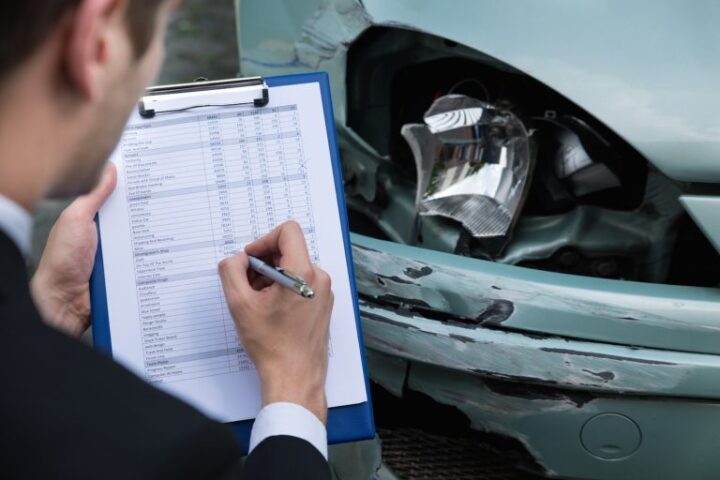
Although you will want to collect as much evidence as possible while still on the scene of the accident, the process of obtaining evidence does not end there. One thing you may do at the site or just after leaving is write down all you remember about the situation. You want to do this as quickly as possible so that your memories are as fresh and accurate as possible.
Apart from that, you should seek medical assistance as soon as possible and retain copies of any medical paperwork, reports, invoices, etc. Follow up with your doctor and follow their instructions.
Save any receipts for out-of-pocket expenditures, such as medical bills. Also, if you need surgery or physical therapy, you must maintain detailed notes. If your car has been damaged, you may get estimates for fixing the damage or proof that the vehicle has been totaled. Save the receipts if you had the required repairs done.
Most people are traumatized by accidents and need mental health assistance to deal with the psychological fallout. You should not be afraid to seek psychological help from a certified psychologist, social worker, or psychiatrist. Save any receipts from these appointments, and if you are given medicine for anxiety, sadness, or anything else connected to the accident’s trauma, maintain records and receipts for these drugs.
The Importance of Collecting Evidence in a Personal Injury Case
The person who files the lawsuit is known as the plaintiff. According to the law, it is a plaintiff’s responsibility to prove their claims. The plaintiff must prove that the defendant owed them a duty of care and that they breached that duty. In addition, they must also prove that this breach of duty was the sole reason for the accident and that it caused them damages.
Proving all these elements of personal injury law without evidence is not possible. This is why collecting evidence is necessary. Through evidence, you can prove all of the above. You need to remember that after a period, it will become very hard to collect evidence. So, it is best to start collecting evidence immediately following the accident. If you cannot do it, hire a lawyer or ask a friend to collect evidence from the accident scene. After a certain period, even the best investigator cannot gather evidence.
How Your Attorney Will Use All the Evidence You Have Gathered
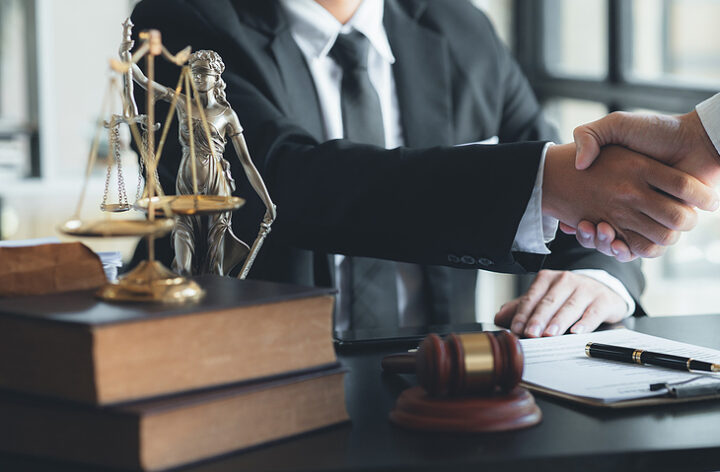
If you are thorough in collecting evidence, you will be one step ahead of the game when you hire your attorney to assist you in proving culpability and the worth of your losses. If you have yet to obtain this proof, your attorney may help you. Yet, the more you can accomplish ahead of time, the better off you’ll be. The evidence will be structured and detailed, and you will save time and money in gathering evidence later.
Your attorney will be able to assess your evidence, contact witnesses, and utilize this information to defend your case for compensation. Your evidence will not only show culpability, but it will also aid in demonstrating your economic and non-economic losses.
Final Thoughts
An accident is never a pleasant experience. But the actions you take can at least reduce the impact it will have on your life. Your actions will have a significant impact on your claim case. So, you need to think twice before doing anything. It would be best to speak with a lawyer following a car accident to know how you can win a case. The lawyers can guide you through the claim process and obtain fair compensation for you.

